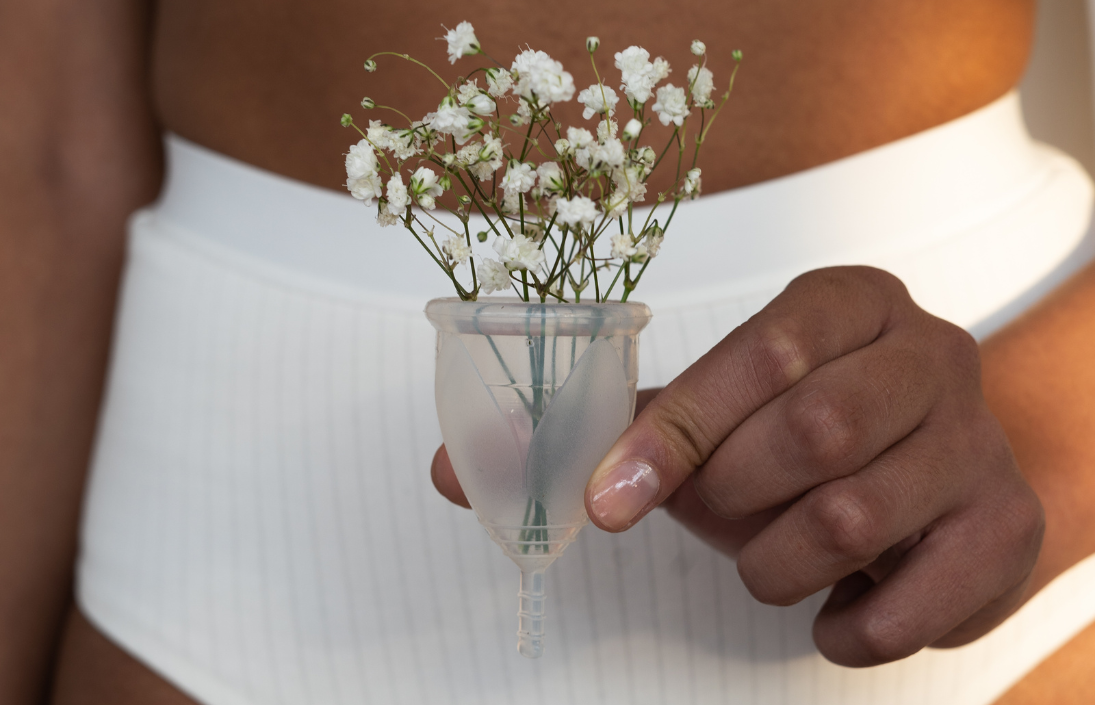Recent Articles
-
6 Easy And Natural Ways To Increase Serotonin January 16, 2026
-
How To Support Liver Health in 2026 - A Guide December 19, 2025
-
5 Easy Tips On How To Increase Dopamine Naturally November 28, 2025
Helpful Tips
What Does Healthy Menstruation Look Like And How You Can Support It
Menstruation is a natural and vital process for reproductive health. However, the experience of menstruation can vary greatly among individuals, and maintaining a healthy menstrual cycle is crucial for overall well-being. While some discomfort or irregularity can be normal, there are natural ways to support a healthy menstrual cycle.
🌿Related: 4 Herbs For PMS And Menopause That Every Woman Needs To Know About
Healthy menstruation
- Healthy menstruation involves a regular cycle with minimal discomfort and consistent flow.
- A typical menstrual cycle lasts between 21 to 35 days, with bleeding lasting 2 to 7 days.
- The flow should be moderate, neither excessively heavy nor too light.
- Once you start menstruating, it can take a few years for your cycles to stabilise and for you to know what normal is.
- If you go on contraceptive medication early, it can be very difficult to know what is normal as the synthetic hormones mask what is going on underneath.
- By recording the start and end dates of your periods (with an app like Clue or a journal), along with symptoms like mood changes, cramping, and changes in vaginal discharge, you can identify patterns in your cycle.

Irregular periods
Heavy bleeding (menorrhagia)
Painful periods (dysmenorrhea)
10 + herbs and supplements that support healthy menstruation
Lemon balm: Lemon balm is a great herb that supports the nervous system, causes low mood and irritability and can reduce the intensity of cramping. It works best with continuous use. We use lemon balm in our Mood Boost.
🌿Related: The 5 Most Powerful Mood Boosting Herbs

Chasteberry (Vitex agnus-castus): Chasteberry is a popular herb known for its ability to support hormonal balance, particularly in cases of irregular periods and premenstrual symptoms. It helps regulate the menstrual cycle by influencing the hypothalamus and pituitary glands, which control hormone production. It is often recommended for PCOS.
Dong quai (Angelica sinensis): Dong quai is believed to help regulate estrogen levels and improve blood flow to the pelvic region, which may help to reduce menstrual cramps and support overall menstrual health.
Raspberry leaf (Rubus idaeus): Raspberry leaf is rich in nutrients like iron, magnesium, and potassium and is known for helping to tone the uterus and reduce menstrual bleeding and cramping.
Yarrow: Yarrow has been used traditionally for years to support heavy and prolonged bleeding. It’s astringent qualities help to support irregular and heavy periods. It also supports the liver, and works as an anti-inflammatory which can help with cramping.
Red clover: This is a phytoestrogenic plant that can help support hormones. It also supports skin clearing via the lymphatic system and has a high nutritive profile. Both red clover and yarrow can be found in our Hormone Balance.
🌿Related: 5 Benefits Of Red Clover For Menopause Backed By Science

Magnesium: Magnesium plays a crucial role in muscle relaxation and may help alleviate menstrual cramps. Many people experience magnesium deficiency during menstruation, so supplementing with a magnesium citrate or glycinate might be beneficial.
Omega-3 fatty acids: Omega-3 fatty acids, found in fish oil and flaxseed oil, possess anti-inflammatory properties that can help reduce menstrual pain and inflammation.
Iron: Iron deficiency is common among menstruating individuals due to blood loss during menstruation. Supplementing with a non constipating from of iron (such as an iron chelate or glycinate) can help prevent anemia and support energy levels during menstruation and throughout the month.
🌿Related: 5 Causes Of Low Energy In Women And What To Do About It
Vitamin B6: is recommended to support PMS symptoms such as irritability, low mood and fluid retention.



